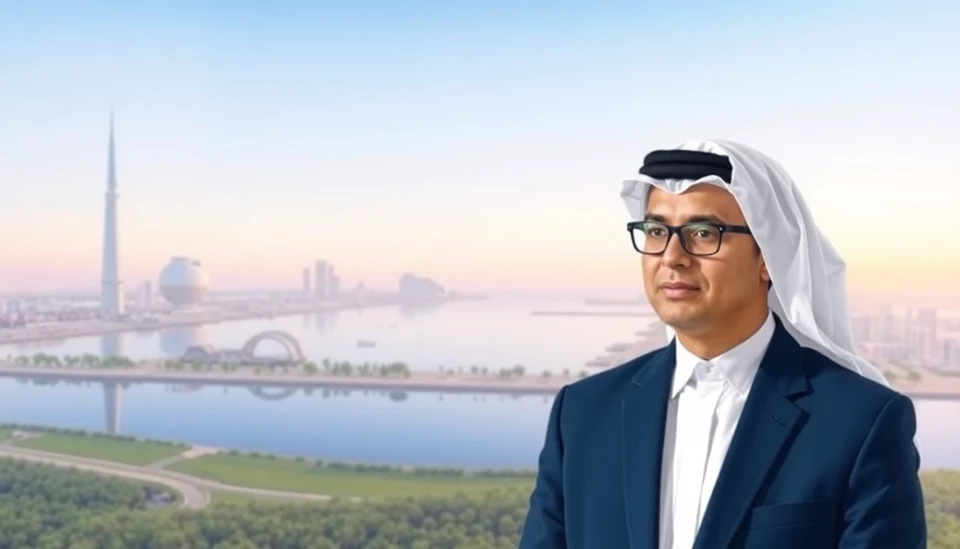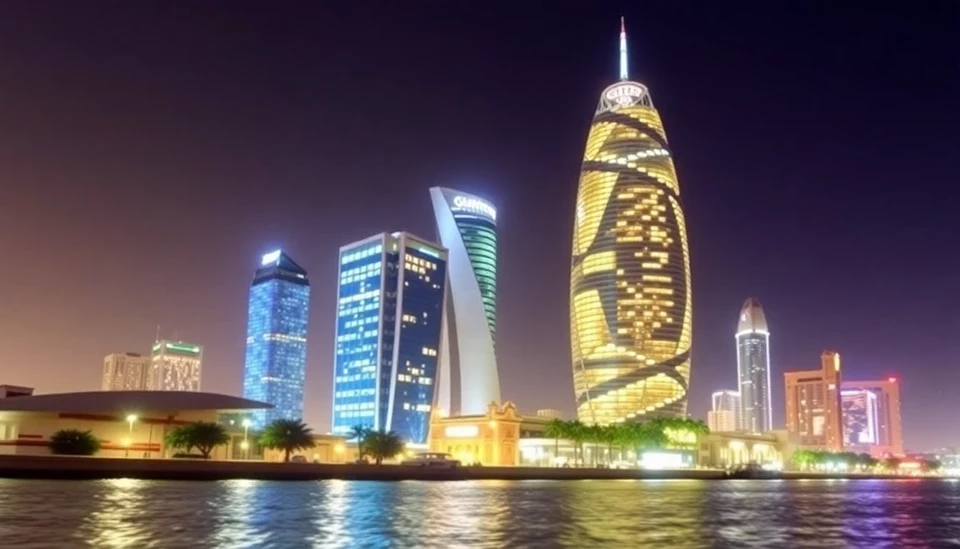
In a recent statement, Qatar's Minister of State for Energy Affairs, Saad al-Kaabi, has expressed strong concerns regarding the European Union's (EU) environmental, social, and governance (ESG) regulations. He argues that these policies impose excessive compliance costs on non-EU countries, especially those heavily reliant on energy exports, such as Qatar. Al-Kaabi's remarks come at a time when global energy markets are navigating a complex landscape of changing regulations and climate policies.
During a conference in Doha, al-Kaabi outlined that the EU's regulatory framework aimed at addressing climate change and promoting sustainability could lead to unintended economic consequences, particularly for developing nations. He highlighted that such measures might hinder their ability to engage in international trade and attract foreign investment, ultimately stifering economic growth.
The minister pointed out that Qatar, which is one of the world's largest natural gas exporters, is in the middle of a comprehensive transition strategy, focusing on decreasing its carbon footprint while optimizing energy production. However, he emphasized that the burden of compliance with the EU's stringent ESG standards could undermine these efforts, forcing countries like Qatar to navigate an increasingly complex regulatory environment.
Al-Kaabi’s critique is set against a broader backdrop of international discussions where energy-rich nations are balancing their economic interests with the growing global emphasis on sustainability and environmental responsibility. He called for a more collaborative approach between the EU and non-European nations to ensure that ESG regulations do not disproportionately impact those who depend on fossil fuel production for their economic stability.
The Qatar energy minister suggested that the EU should consider the unique makeup of its trading partners and strive for regulation that supports sustainable development while not detracting from their economic viability. Al-Kaabi's call for dialogue echoes sentiments from other countries which fear that aggressive ESG compliance requirements could lead to trade barriers and economic isolation.
As the EU continues to refine its ESG framework, it remains to be seen how al-Kaabi's concerns will influence ongoing discussions between energy-producing nations and the bloc. The minister’s comments have sparked debate among industry experts, with some arguing for a reevaluation of compliance strategies that consider the varying capacities of countries to meet these standards.
This dialogue is crucial as the world moves toward stricter environmental regulations, with the need for a fair balance between environmental goals and economic realities becoming more urgent. Qatar's proactive stance in addressing these challenges positions it at the forefront of discussions surrounding the future of energy in a rapidly changing regulatory landscape.
Key Takeaways:
- Qatar criticizes EU ESG regulations as burdensome for non-EU energy-exporting nations.
- Minister Saad al-Kaabi calls for balanced approaches to compliance costs.
- Dialogue emphasized to avoid hindering economic growth and international trade.
- Qatar aims to lower carbon emissions while enhancing its energy production capabilities.
As the energy sector grapples with the evolving landscape of environmental accountability, the undercurrents of Qatar's position might shape future policies and international relations in this critical area.
#Qatar #EU #ESG #EnergyPolicy #Sustainability #ClimateChange #InternationalTrade #NaturalGas #ComplianceCosts
Author: Peter Collins




